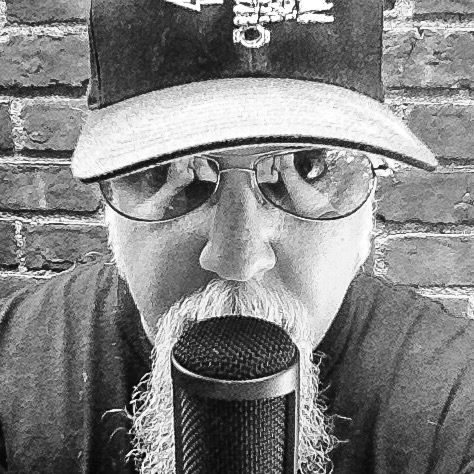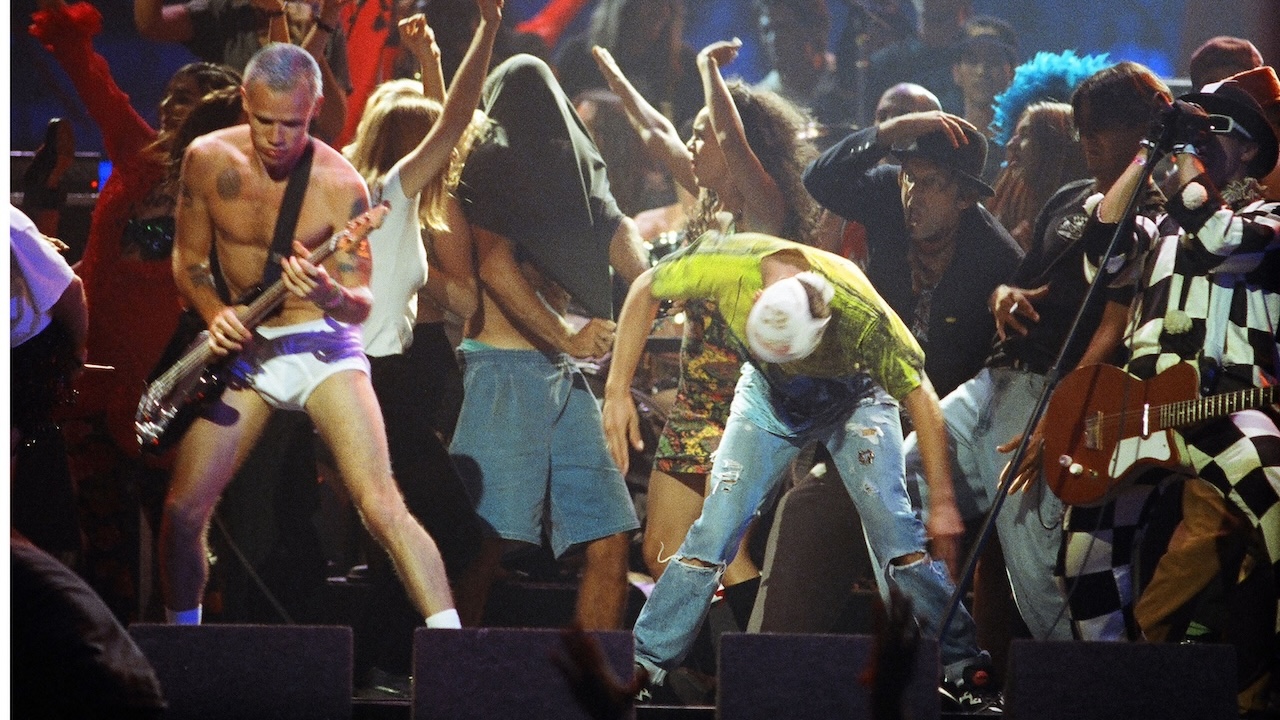The secrets behind Ernie Isley’s guitar tone on The Isley Brothers’ That Lady
Fuzzed-out, phase-shifted, wah-augmented – how to nail one of the coolest soul-funk guitar tones of all time
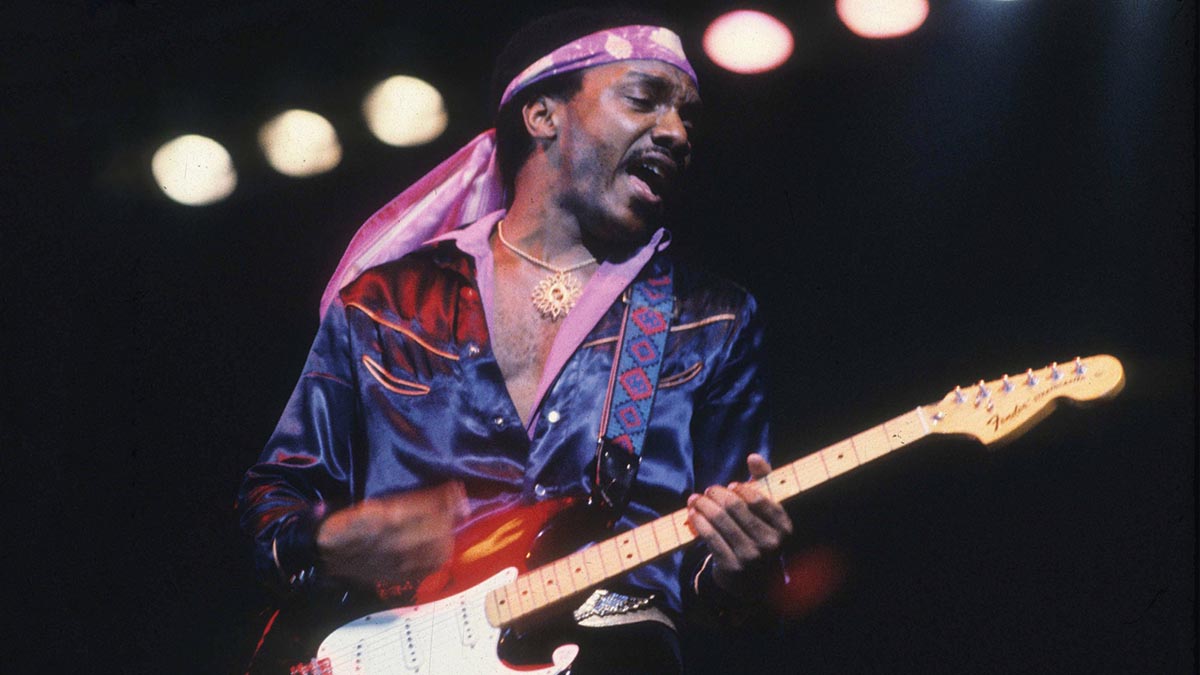
All the latest guitar news, interviews, lessons, reviews, deals and more, direct to your inbox!
You are now subscribed
Your newsletter sign-up was successful
For a brief period in early 1973, the Record Plant in Los Angeles was the funkiest place in the universe. Stevie Wonder was recording his landmark Innervisions album in one studio, while across the hall the Isley Brothers were making the funk-rock masterpiece 3+3.
The Isleys’ album is best known for the single That Lady, a remake of the group’s 1964 single Who’s That Lady? modernized, rocked up and funkified by Ernie Isley’s blistering phase-shifted fuzz guitar solos.
The lead guitar sounded like a psychedelic fusion of Jimi Hendrix and Carlos Santana, but with a distinctive voice that was all Ernie Isley. The new version was a huge hit single for the band, reaching Number 6 on the Billboard Hot 100 and Number 21 on Billboard’s 1973 year-end chart.
Guitarists who heard the song had another question: what’s that sound? For years the prevailing argument circulating on the internet was that Ernie plugged his Strat into a Roland Jet Phaser to generate that glorious phased fuzz lead tone, but that’s impossible – unless he also had a time machine as Roland didn’t introduce the Jet Phaser until 1975.
GUITAR: 1971 Fender Stratocaster with rosewood fretboard and vibrato tailpiece (neck pickup/fuzz lead, bridge pickup/rhythm track), Volume: 10, Neck Tone: 8, Middle Tone: 10.
AMPS: c. 1970-73 Fender Twin Reverb (Input: Vibrato Channel 1, Bright: On, Volume: 5, Treble: 7, Middle: 6, Bass: 3, Reverb: 0, Speed: 0, Intensity: 0) with unknown pair of 12-inch speakers.
EFFECTS: Cry Baby wah, Electro-Harmonix Big Mu Pi/Version 2 “Ram’s Head” (Volume: 7, Tone: 8, Sustain: 6), Maestro PS-1A phase shifter (Slow phase).
STRINGS/TUNING: Unknown, probably Fender 150 .010-.038 or Ernie Ball Super Slinky .009-.042/standard
PICK: Unknown
The actual answer was revealed long before that in a feature article on Ernie that appeared in the September 1981 issue of Guitar Player, which mentions his use of an Electro-Harmonix Big Muff fuzz and a Maestro phase shifter. Isley later revealed that his amp on the song was a Fender Twin Reverb.
Ernie’s Strat was a black 1971 model, which he purchased brand new at Manny’s in New York City on Christmas Eve with a blank check that his brother Ronald gave him. While Ernie’s phased fuzz lead track fully deserves the acclaim it has earned over the years, take a closer listen to his clean rhythm part, which features tantalizingly tasty chordal work and percussive Cry Baby wah accents.
Ernie learned those wah tricks from the master, Charles Pitts, who recorded the legendary wah guitar part on Theme from Shaft in 1971.
All the latest guitar news, interviews, lessons, reviews, deals and more, direct to your inbox!
In addition to That Lady, the 3+3 album features Ernie’s stylish fuzz guitar solos on several other tracks: What It Comes Down To, Sunshine Go Away Today and an awesome cover of Seals and Crofts’ Summer Breeze. The album is an essential funk-rock classic that every guitarist who wants the funk must hear.
Get the sound, cheap
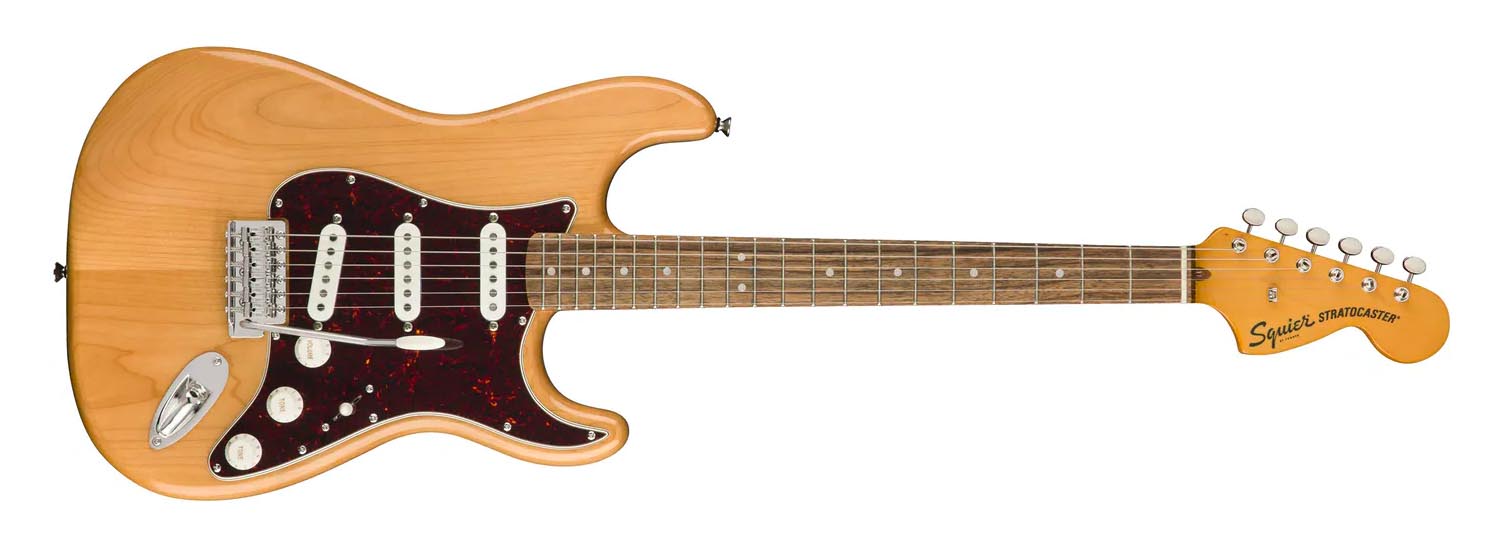
Squier Classic Vibe '70s Strat
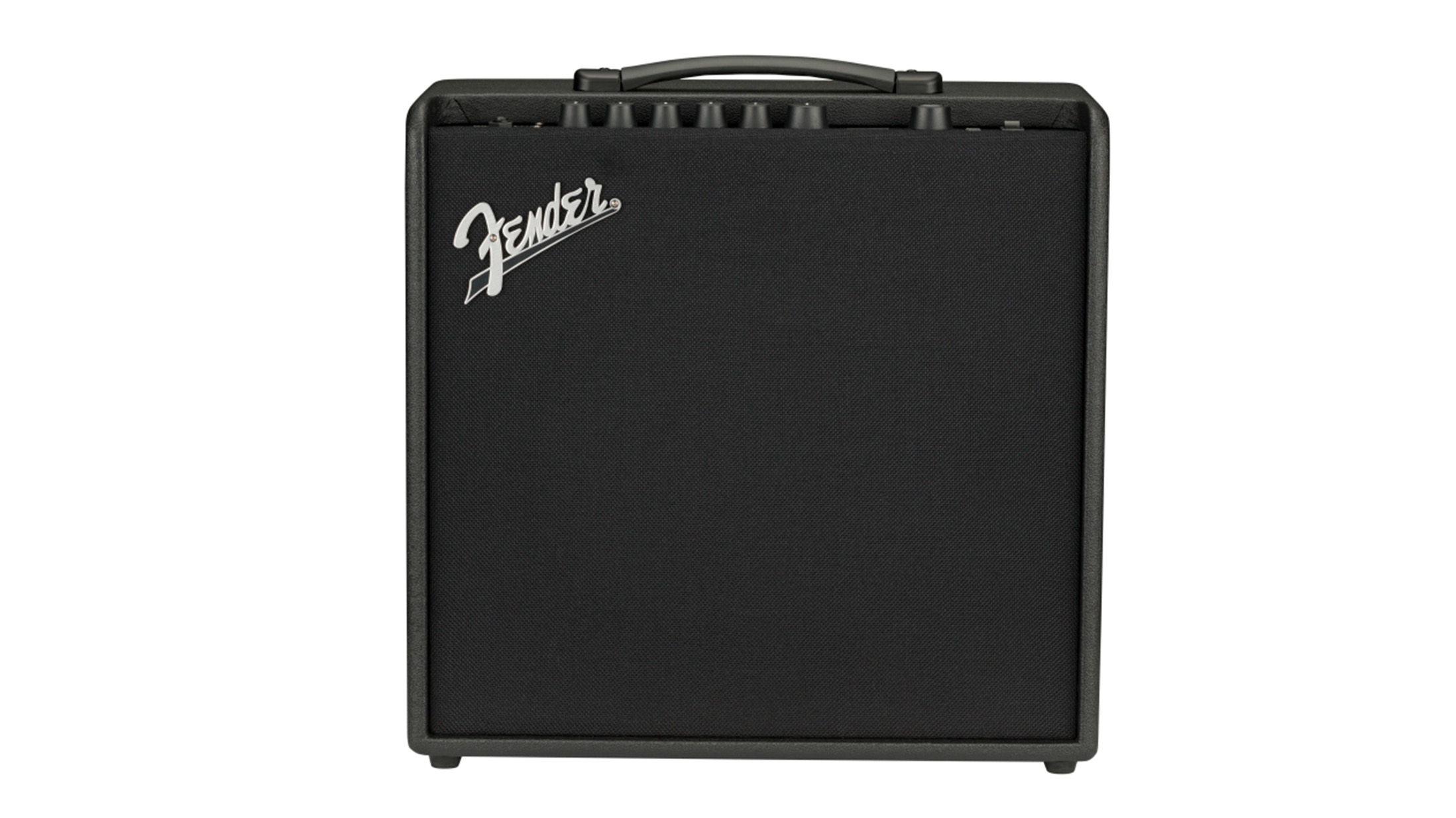
Fender Mustang LT50
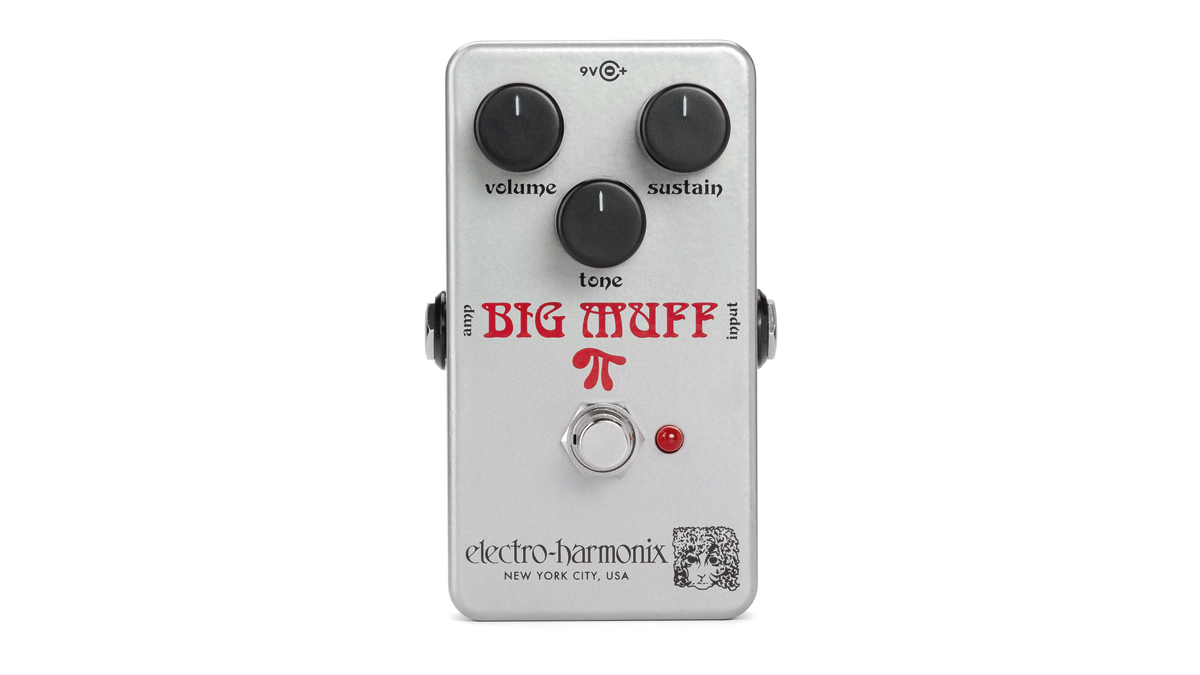
Electro-Harmonix Ram’s Head Big Muff
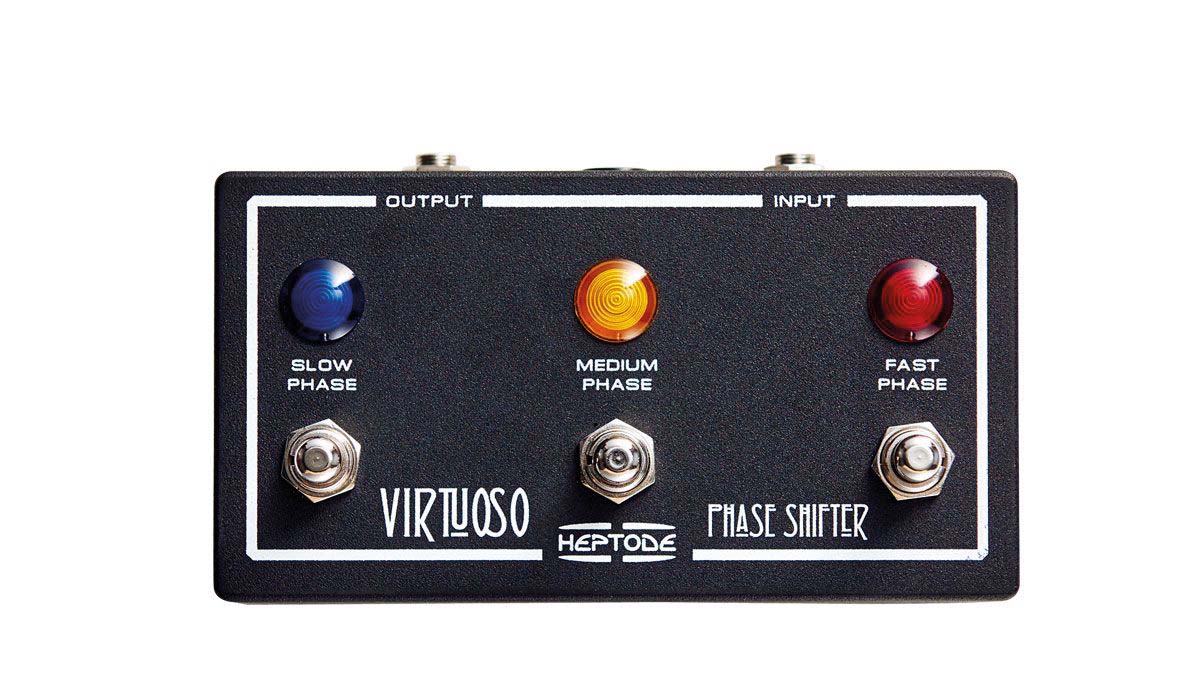
Virtuoso Heptode phase shifter
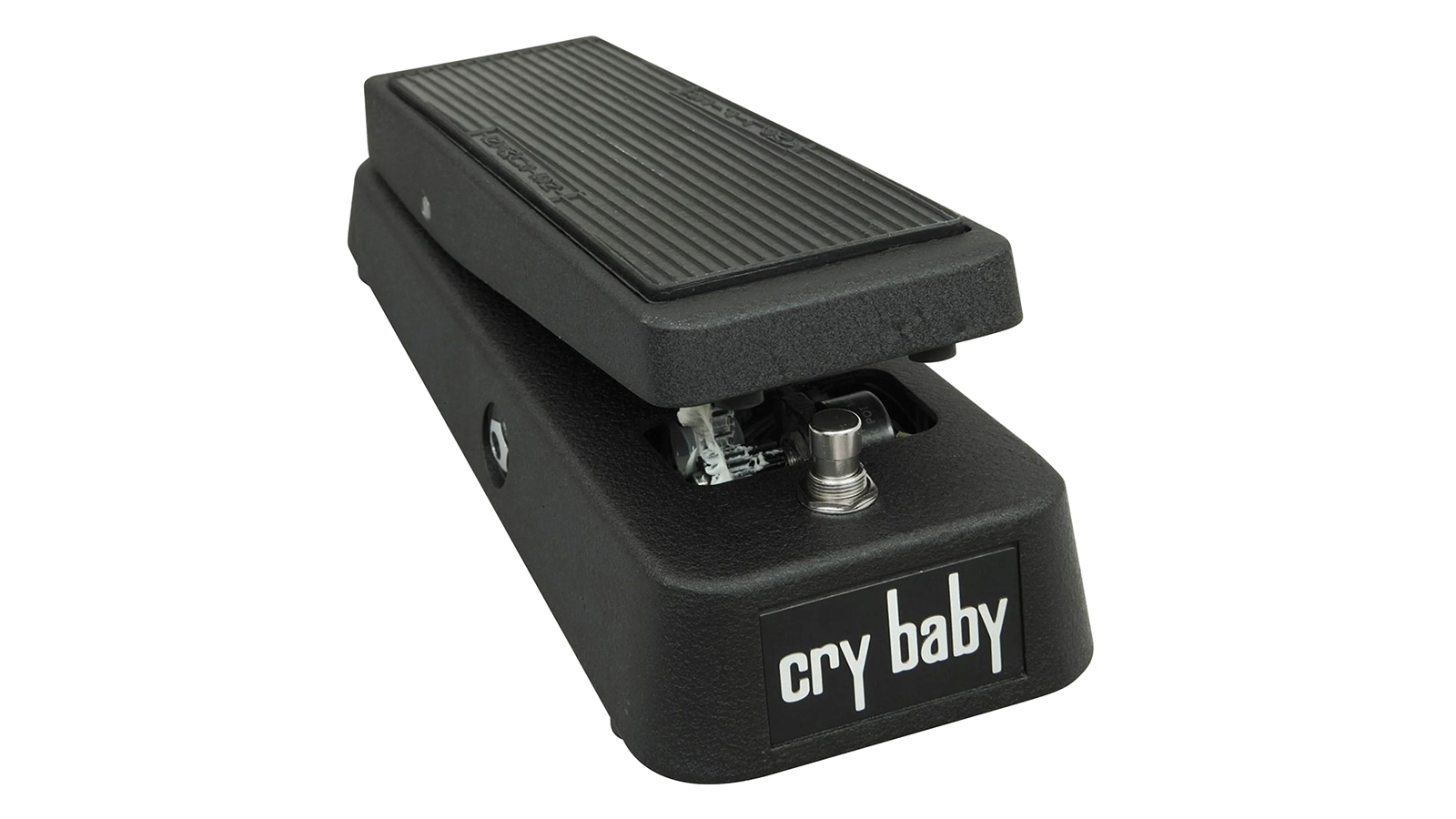
Dunlop GCB95 Cry Baby
TONE TIP: Use a clean amp setting that emphasizes treble to get ideal fuzz cut and rhythm sheen. The Virtuoso pedal has a boutique price, but it nails the elusive, swirling Maestro phase-shift effect.
Chris is the co-author of Eruption - Conversations with Eddie Van Halen. He is a 40-year music industry veteran who started at Boardwalk Entertainment (Joan Jett, Night Ranger) and Roland US before becoming a guitar journalist in 1991. He has interviewed more than 600 artists, written more than 1,400 product reviews and contributed to Jeff Beck’s Beck 01: Hot Rods and Rock & Roll and Eric Clapton’s Six String Stories.

